Instead of traditional investment channels, more and more Chinese billionaires are choosing to invest in the education sector. According to economic experts, this is an effective and smart investment channel, especially in the context of the world's second largest economy trying to promote internal strength in a series of high-tech economic sectors.
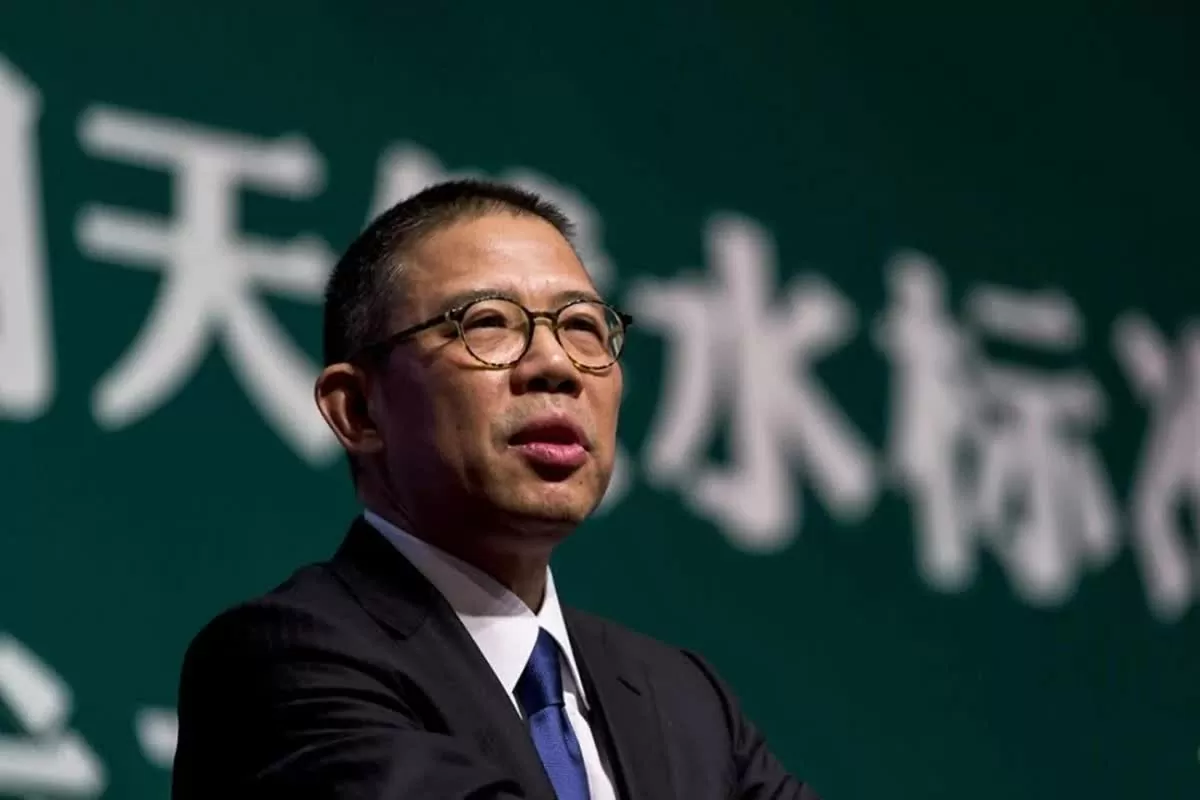 |
| Billionaire Zhong Shanshan, founder of beverage giant Nongfu Spring. (Source: Instagram) |
Last month, Chinese beverage tycoon Zhong Shanshan surprised investors by announcing plans to spend 40 billion yuan ($5.5 billion) over the next decade to establish a private university called Qiantang University.
New wave of investment
Zhong, founder of bottled beverage giant Nongfu Spring, said Qiantang University has a clear vision: to promote scientific research, enhance the application of new technologies, and cultivate top talent in strategic areas. Accordingly, Qiantang University aims to train 15 top experts each year, attract 500 researchers, and train 350,000 students.
The initiative by the Chinese beverage giant is the latest in a wave of Chinese billionaires shifting their business to education, especially as the world's second-largest economy is trying to boost its domestic strength in a series of high-tech industries.
Just days before billionaire Zhong's announcement, China's Ministry of Education approved Fuyao University of Science and Technology (FYUST) to enroll students starting in 2025. This is an educational institution founded by billionaire Cao Dewang, Chairman of Fuyao Group Glass Manufacturing Corporation with a capital of up to 10 billion USD.
Meanwhile, the Oriental Institute of Technology (EIT), a private university in the eastern Chinese port city of Ningbo funded by semiconductor tycoon Yu Renrong, is also preparing to welcome its first freshmen later this year, following its PhD intake in 2022.
The newly established private universities will share a common goal: supporting national strategies, solving technological bottlenecks and cultivating talent that can drive China's industries forward.
In 2024, a report by the Hurun Research Institute, which tracks donations from China's wealthy, found that about 70% of donors prioritized education, up significantly from 58% in 2023.
Li Mingbo, deputy dean of the Guangzhou Institute of the Greater Bay Area, said China is in dire need of skilled talent in science and technology to drive the nation's industrial transformation as China's traditional university system is struggling to keep up with rapidly developing industries.
“Without a new generation of experts, China risks falling behind in the global technology race,” Mr. Li warned.
According to this expert, nowadays, businesses are more enthusiastic about promoting technological innovation than universities, so it is "understandable" that businessmen "roll up their sleeves" to participate in the field of human resource training.
In a speech at the company's annual meeting last month, billionaire Zhong said the mission of universities is to push the boundaries of knowledge and drive scientific breakthroughs "from zero to one."
Similarly, billionaire Cao Dewang’s vision is to put FYUST on par with Stanford University in the US. According to official announcements, FYUST is built to support China’s industrial strategy, with departments specializing in materials science, artificial intelligence, mechanical engineering, and digital economy.
Billionaire Yu, Chairman of China Semiconductor Group Will Semiconductor with an estimated fortune of 42.5 billion yuan, pledged to invest 30 billion yuan in EIT with the determination to turn this educational institution into a research center specializing in applied technology.
Economist Ma Guangyuan said China needs more universities founded by entrepreneurs if it wants to promote innovation.
“We need more universities following this model to be able to address China’s innovation challenges and enhance industry competitiveness,” he wrote in a Weibo post in January 2025.
Effective investment, high political significance
For Chinese billionaires, investing in private universities is a relatively efficient investment, as China's economic situation remains unstable and traditional investment opportunities are risky, said Simon Zhao, associate dean at Beijing Normal University.
“Establishing universities has become a win-win solution – it is in line with national strategic goals and brings long-term economic and social benefits. In China, establishing and operating private universities is profitable, and the government has relatively open regulations for private education systems, which motivates entrepreneurs to devote themselves to education,” said Mr. Zhao.
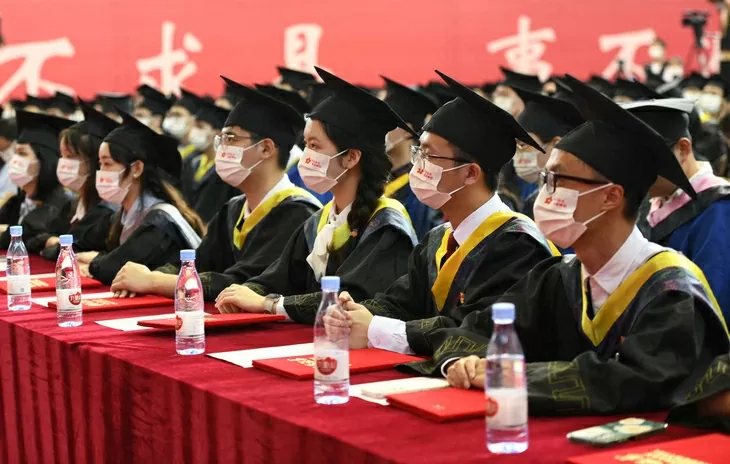 |
| For Chinese billionaires, investing in private universities is a relatively effective investment. (Source: Getty) |
These investments are actually very politically significant, according to Donald Dai, CEO of a Shenzhen-based technology company.
“Investing in science and technology is the right direction, politically speaking. The country’s leaders will certainly not forget those who have contributed to the country’s strategic development,” Dai said.
The wave of investment in higher education institutions by Chinese billionaires comes as Beijing calls on entrepreneurs to contribute more to society.
During a visit to eastern China's Jiangsu province in 2020, President Xi Jinping encouraged entrepreneurs to learn from Zhang Jian, a late Qing Dynasty merchant who founded more than 300 schools for the country.
Source






























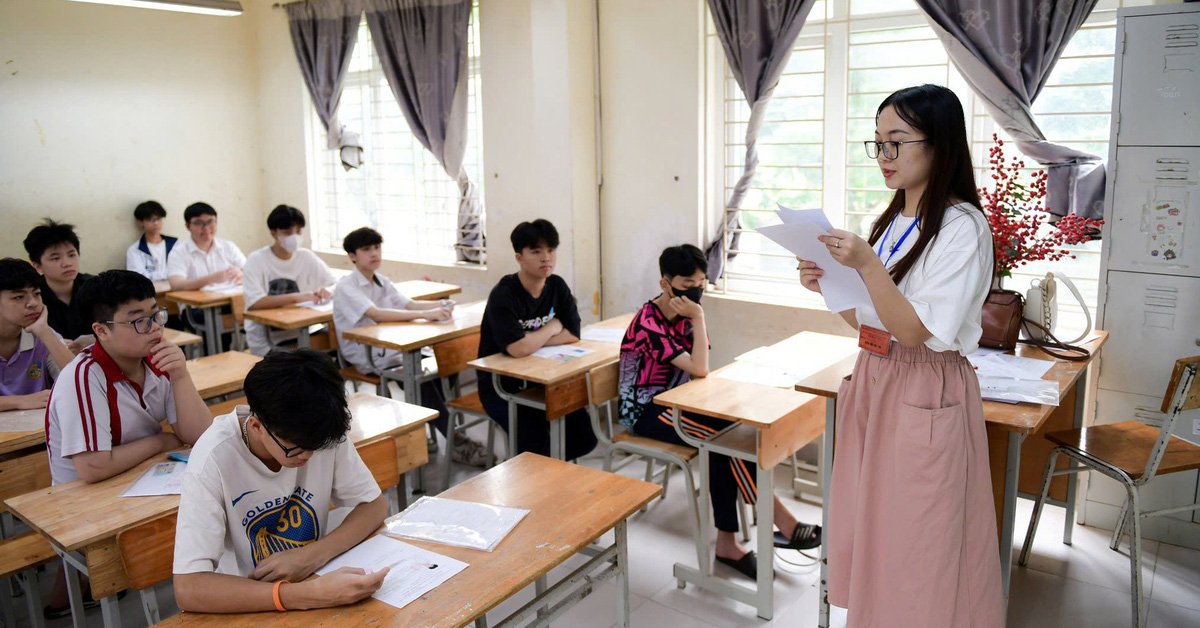

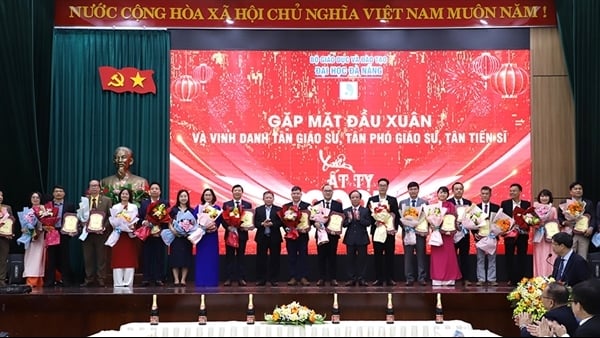

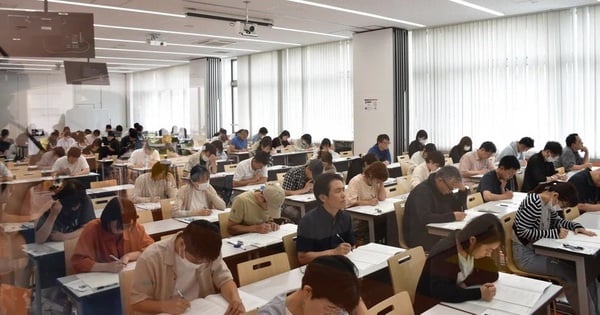
























Comment (0)